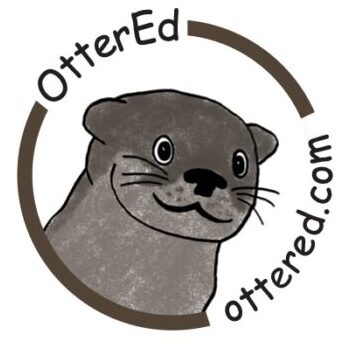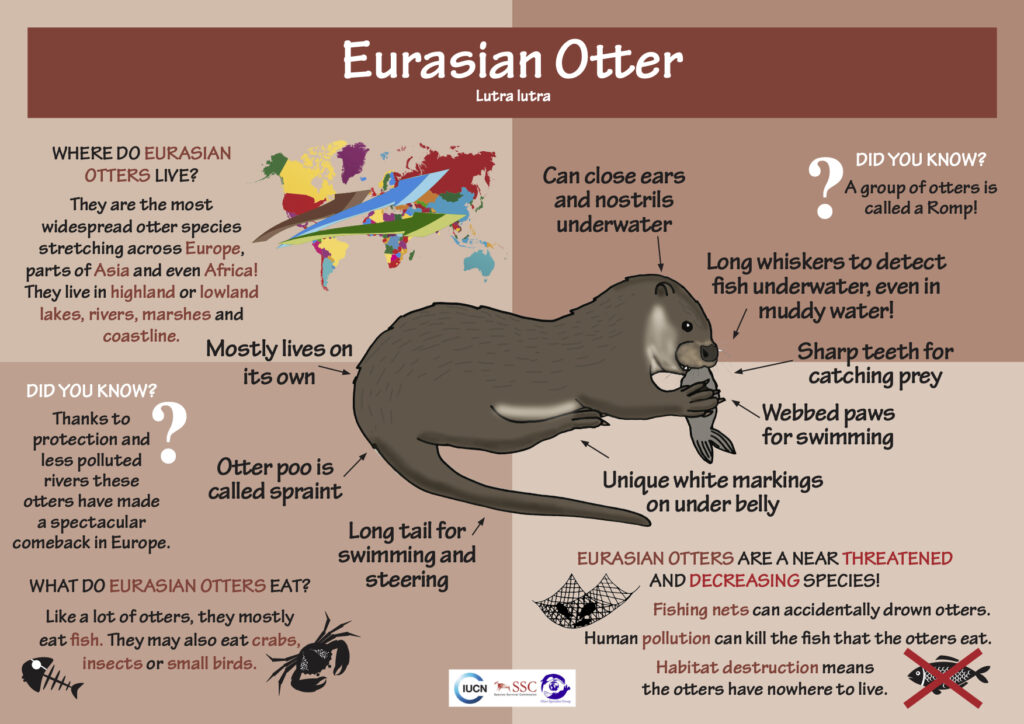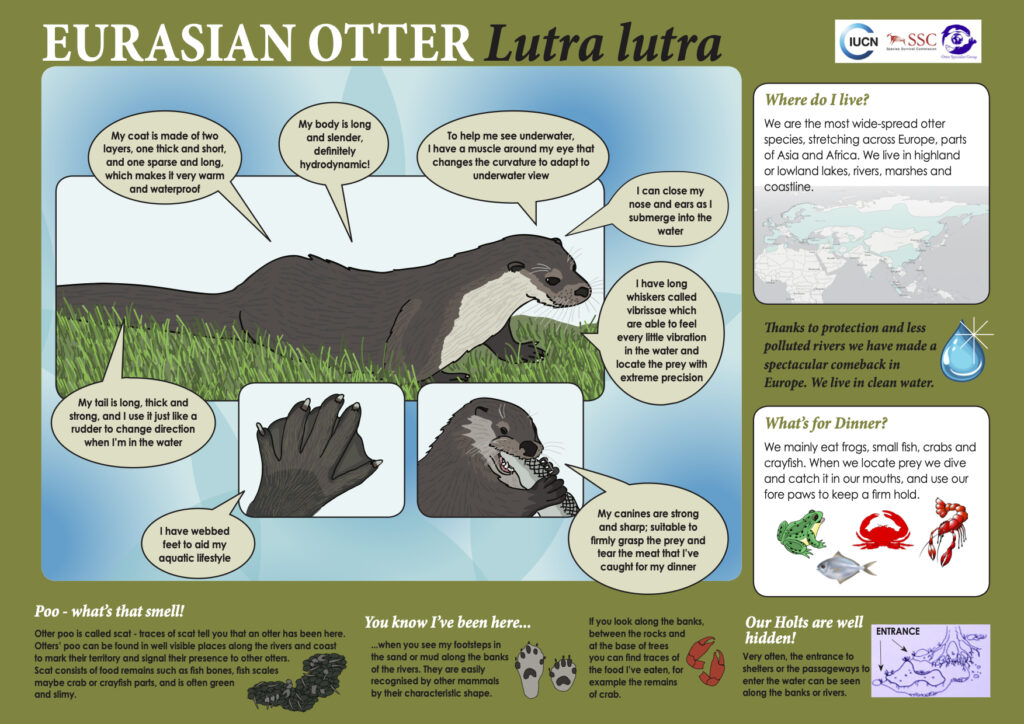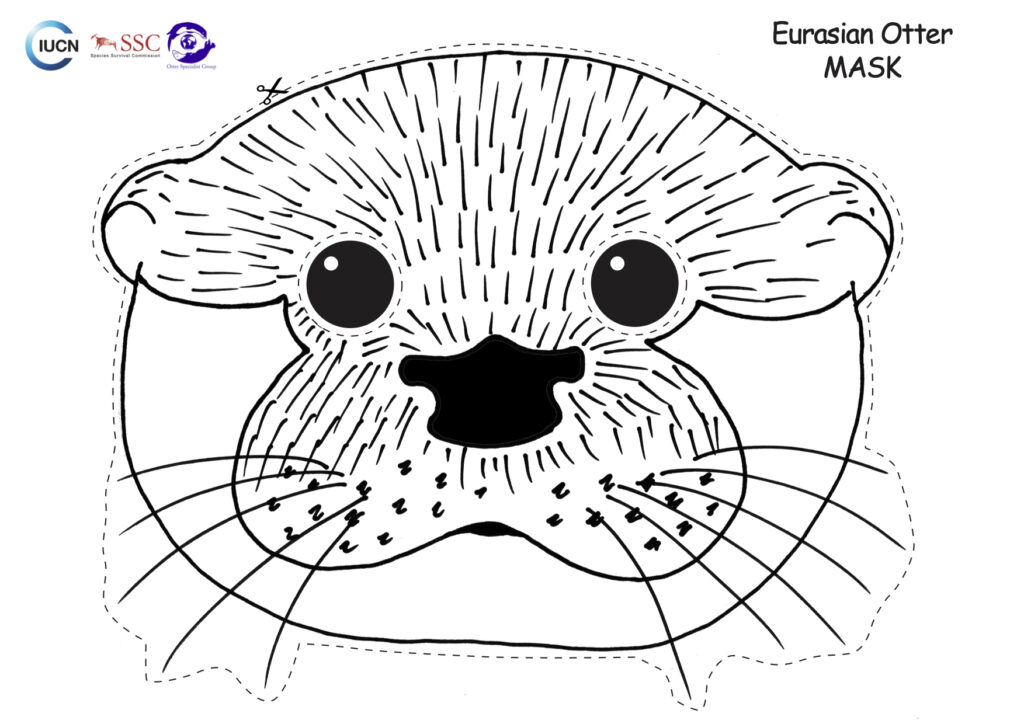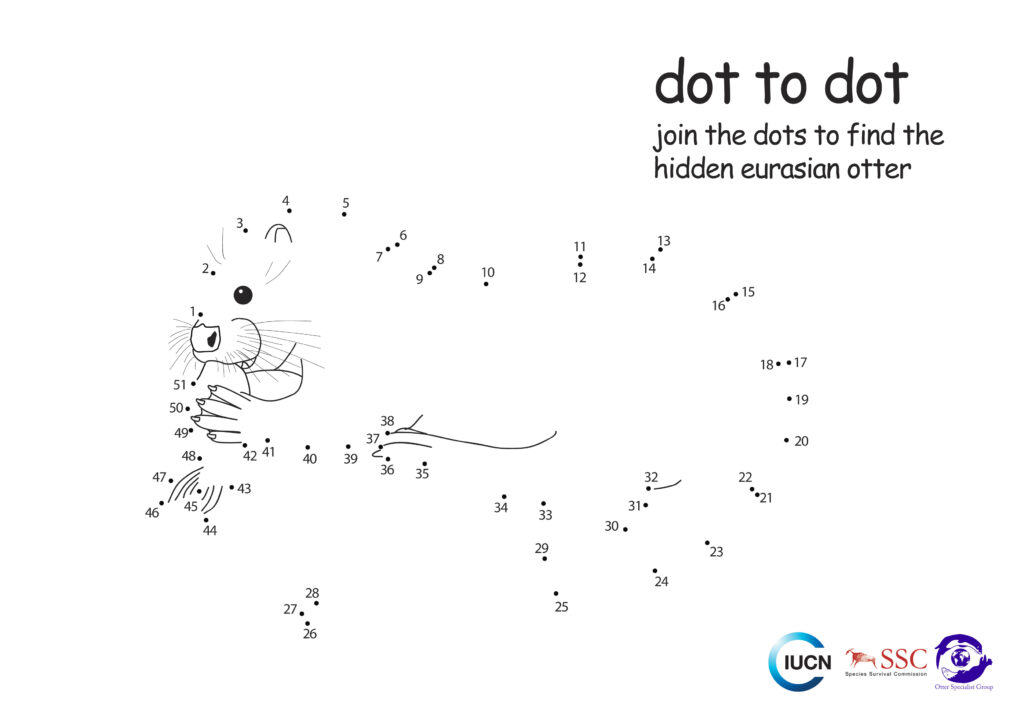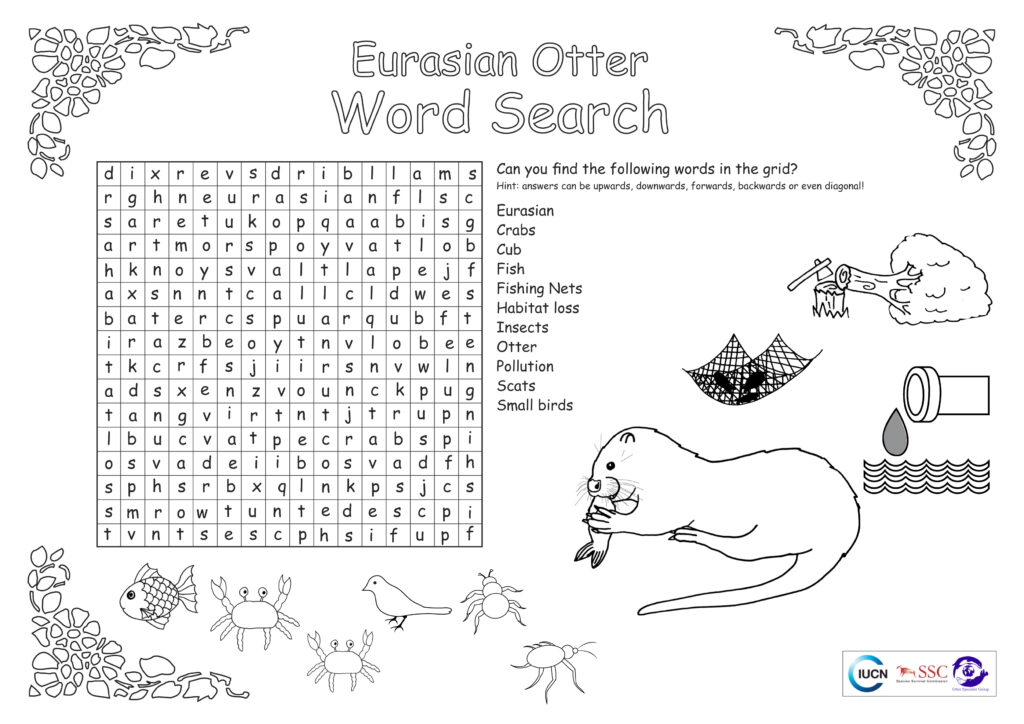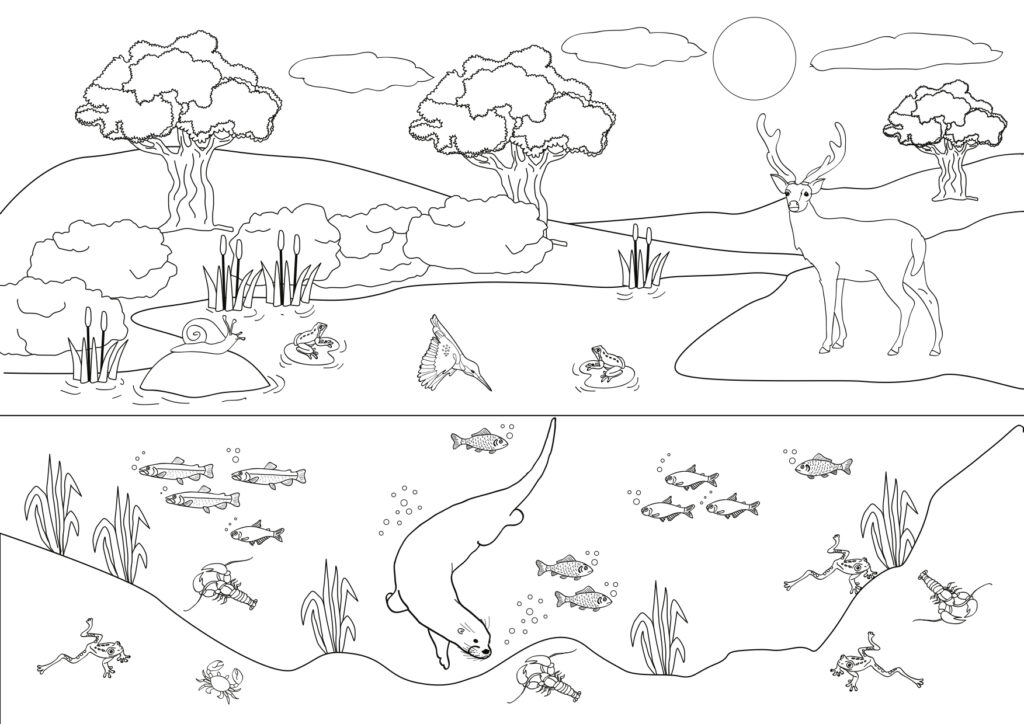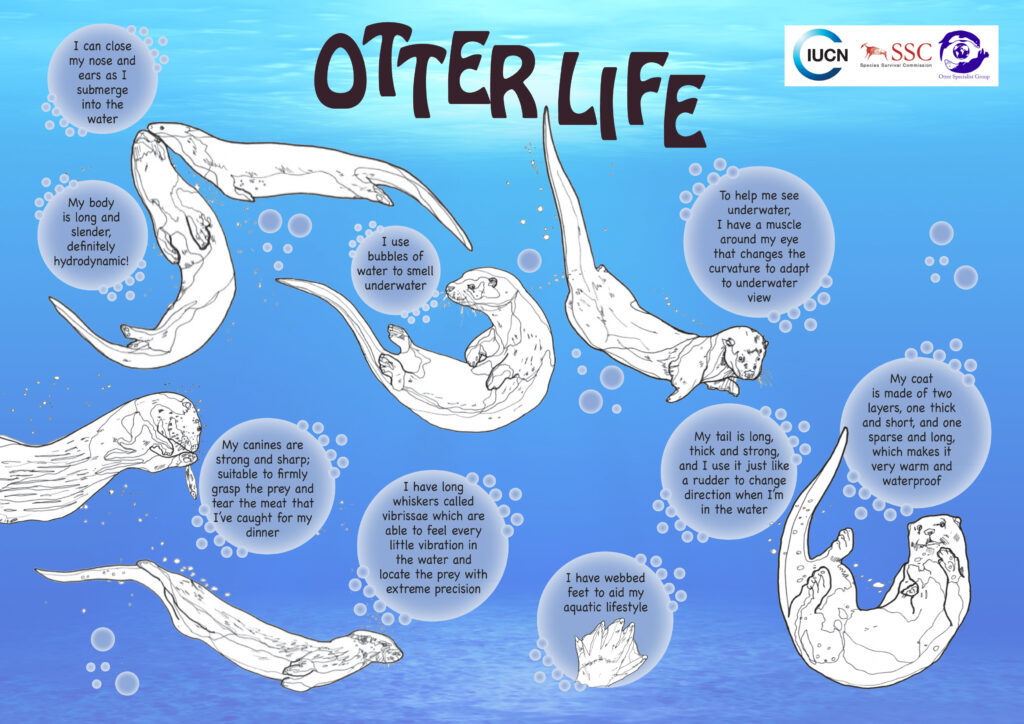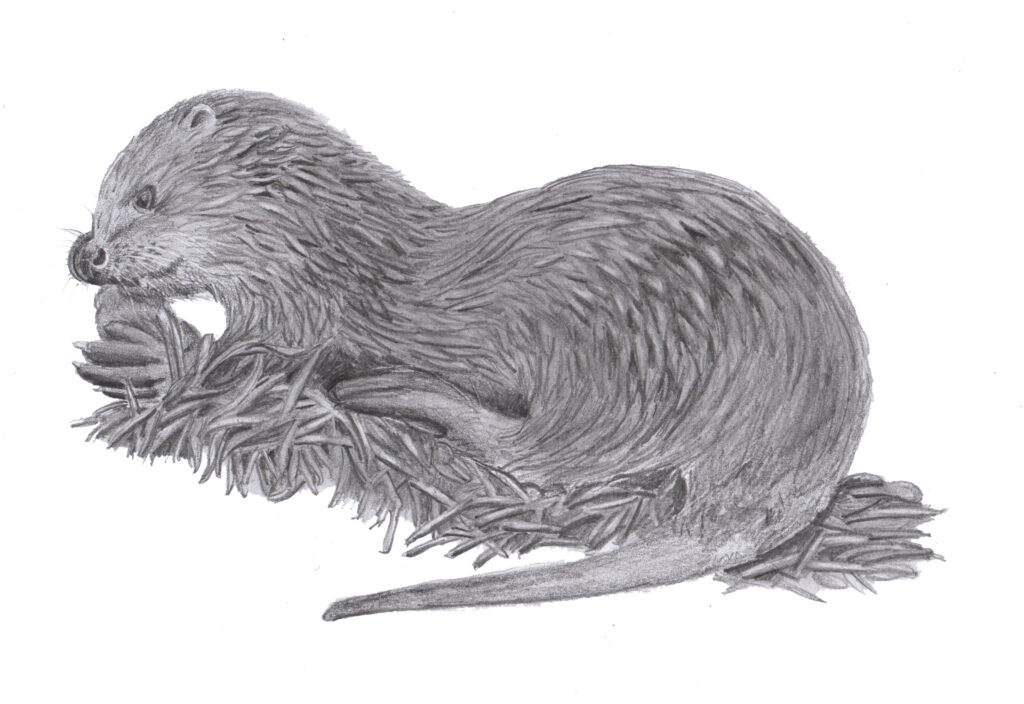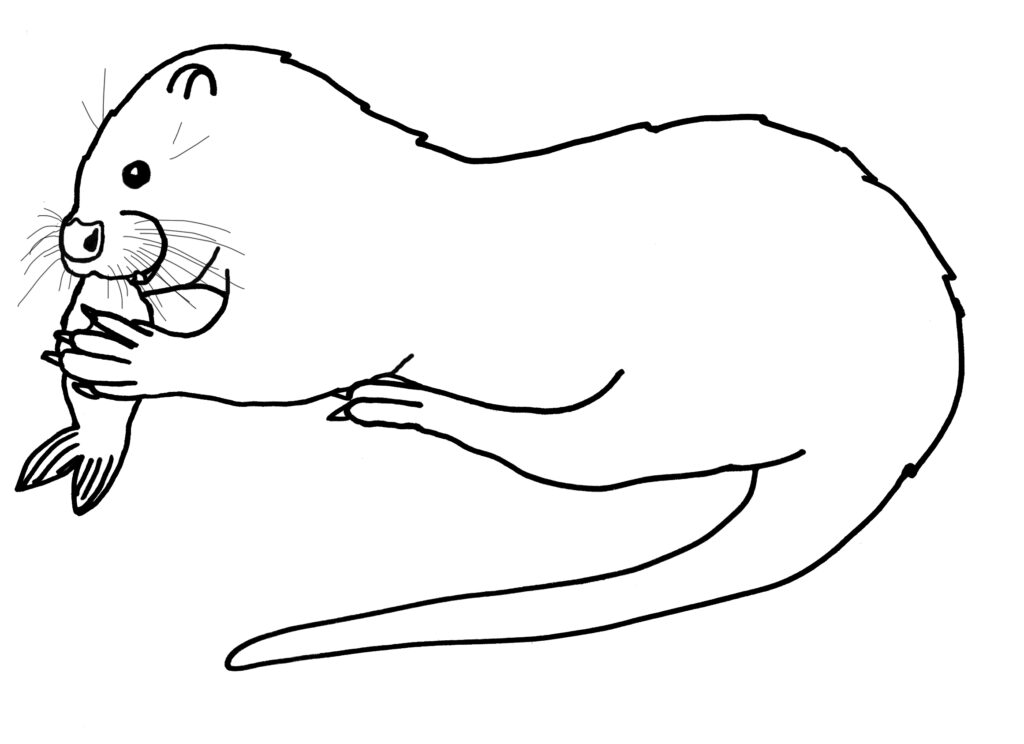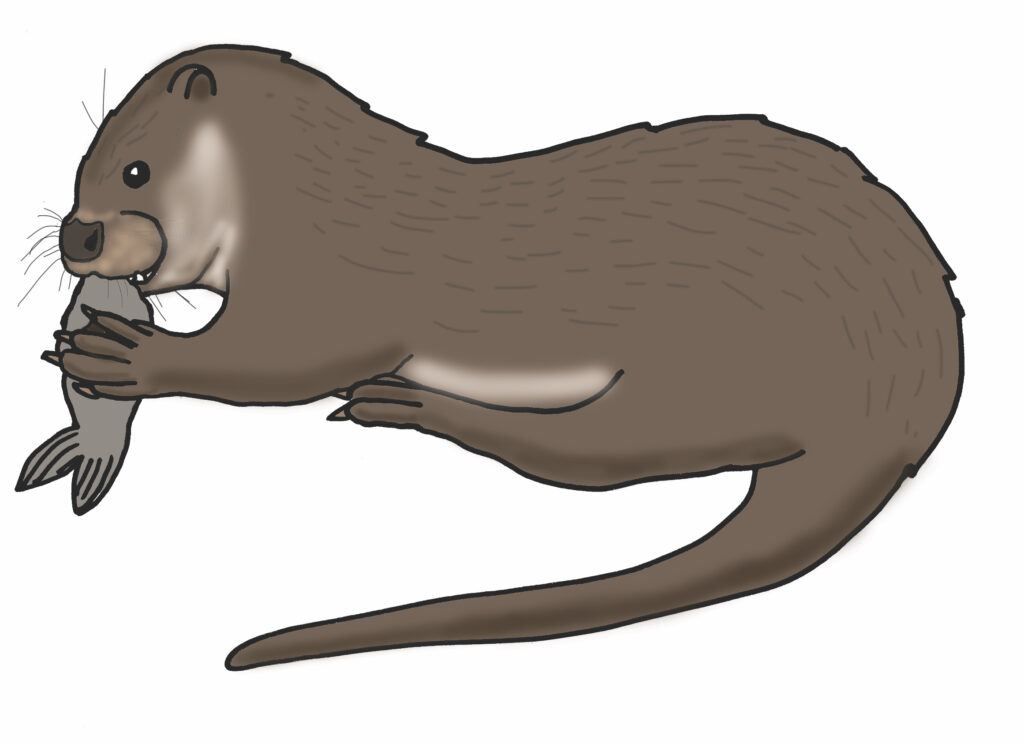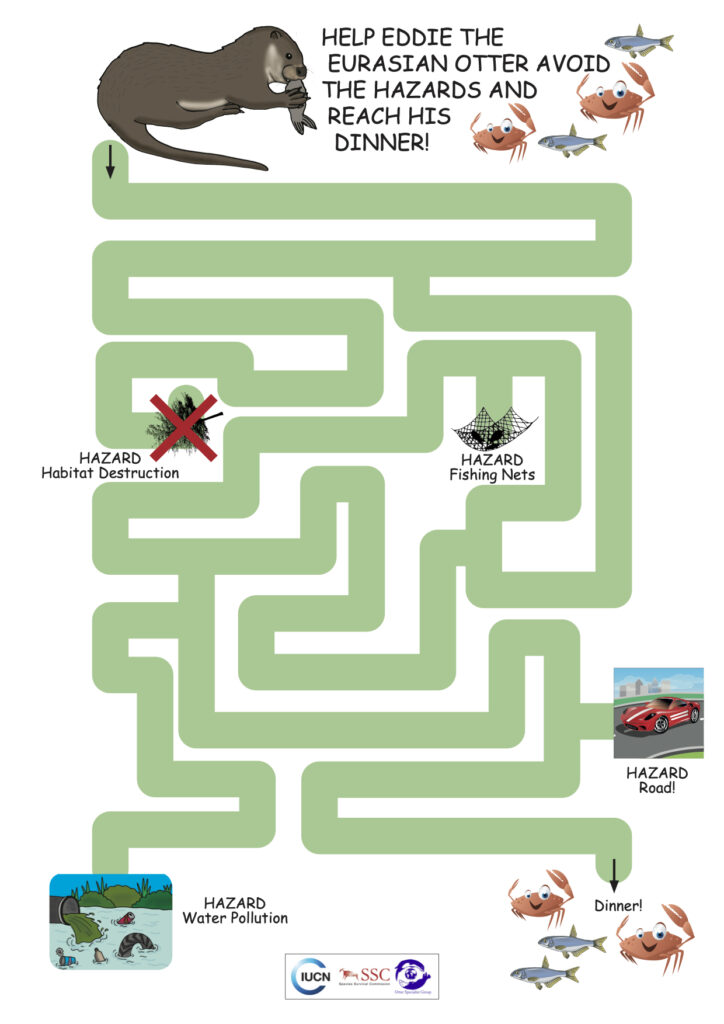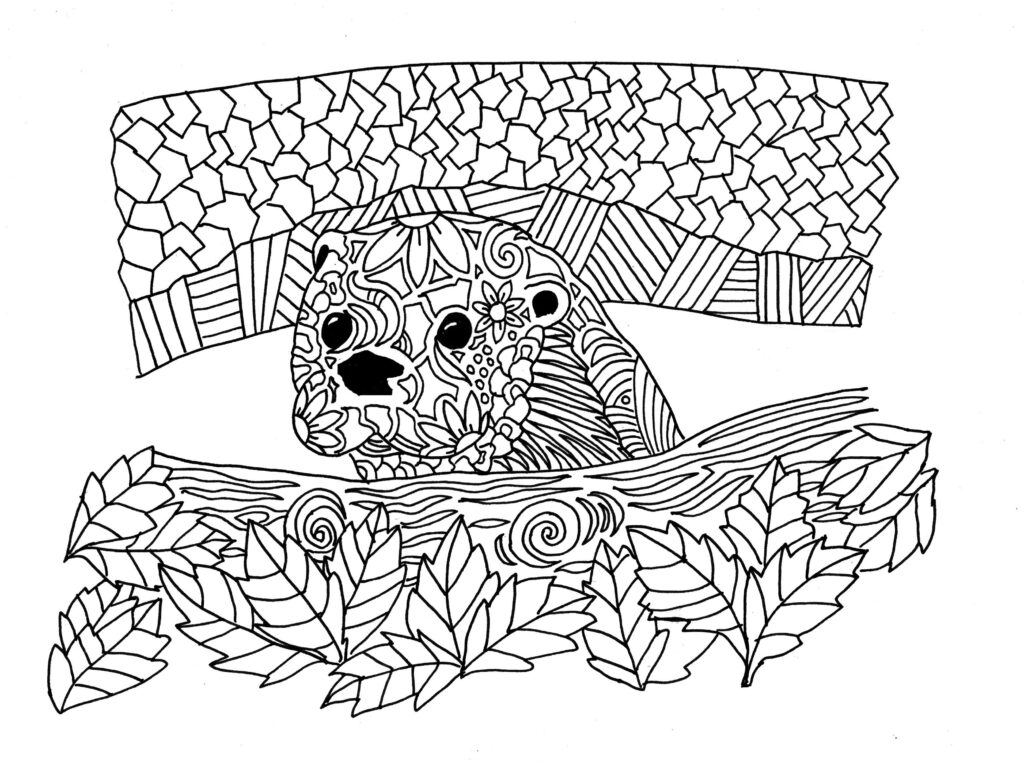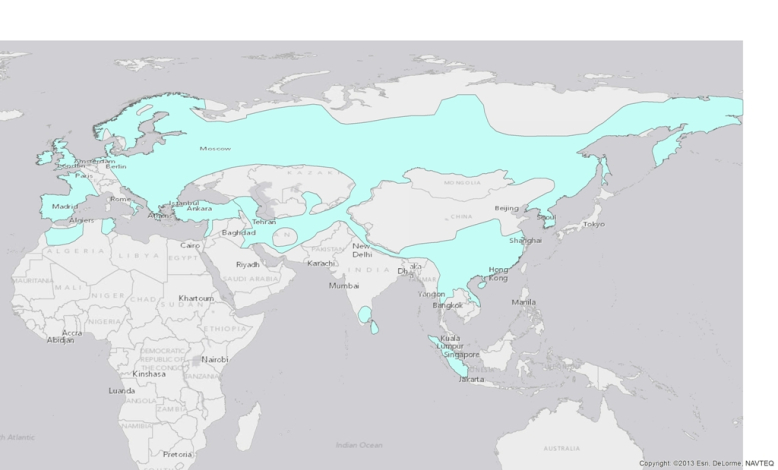
IUCN status: Near Threatened
Alias: old world otter, river otter,
Predators: birds of prey, crocodiles, dogs
Threats: habitat loss, poaching, accidental trapping, pollution,
Size: 102-138 cm (body 57-70 cm tail 35-40 cm)
Weight: 4-11 kgs
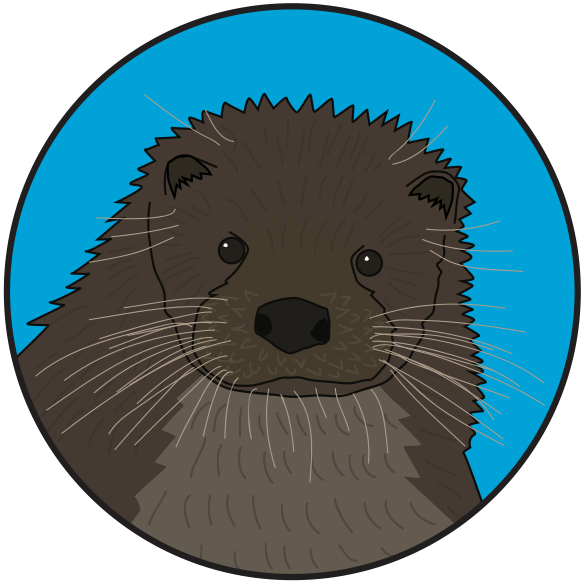
The Eurasian otter is an elusive, solitary otter that has one of the widest distributions of all paleo-arctic mammals, from Ireland to China and down to SoutheastAsia.Notwithstanding its large range, its population is declining in many countries in which it is not protected and in others its status is unknown. This species has made a spectacular comeback in the British Isles since the 1980s when pollution levels decreased and it became protected.This playful otter has a varied diet which includes fish, crustaceans, amphibians and sometimes reptiles, birds, eggs, insects and worms. It is usually nocturnal and can be found in many freshwater environments. In some environments, however, such as the Scottish Isles, it has diurnal habits and forages in the sea, later looking for freshwater pools to wash the salt out of its pelt. The Eurasian otter is solitary, but sometimes it is seen in family groups, composed of a mother and her offspring.
RESOURCES
Click on the thumbnail captions to see larger images and to download these English language resources. For resources in other languages, see our Languages page.
